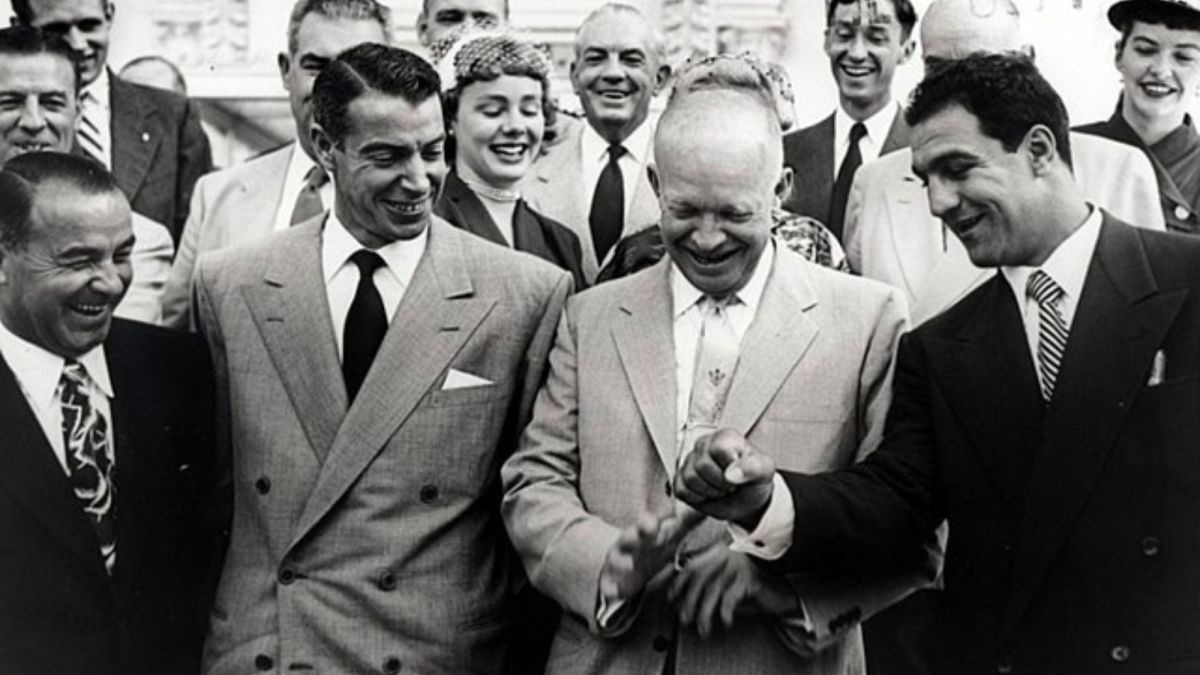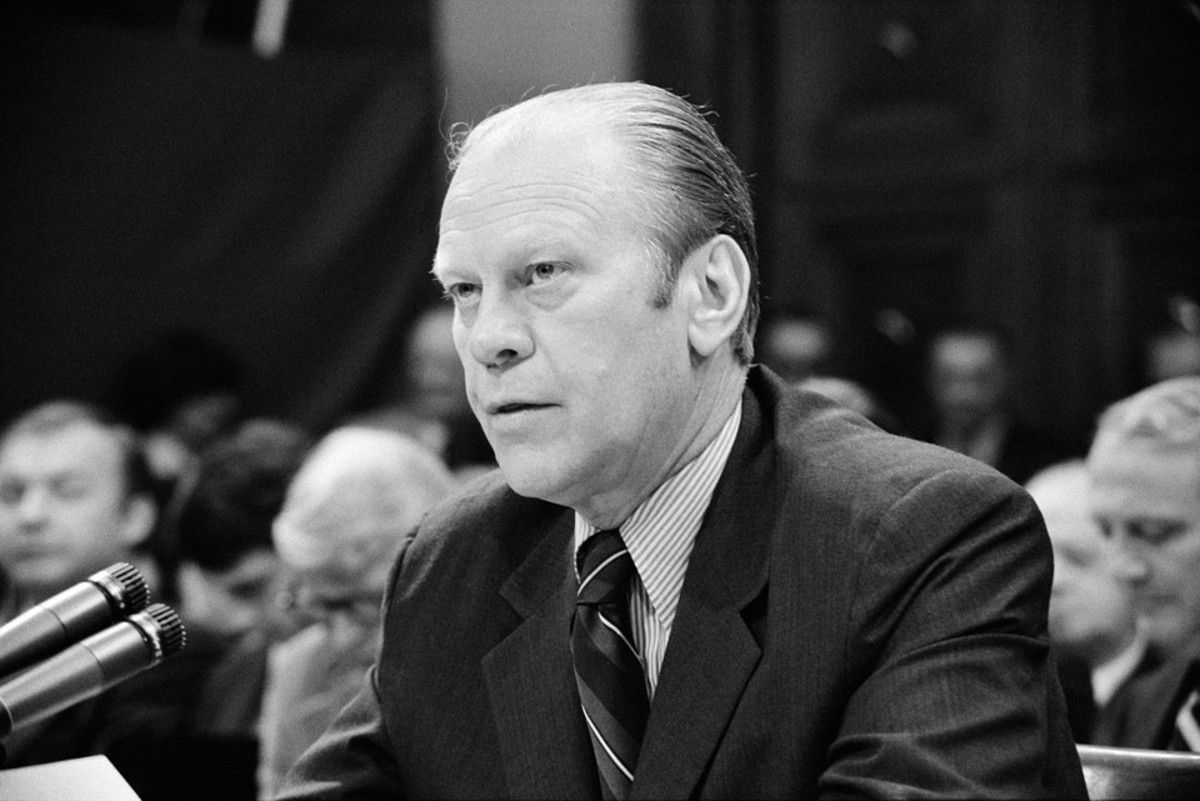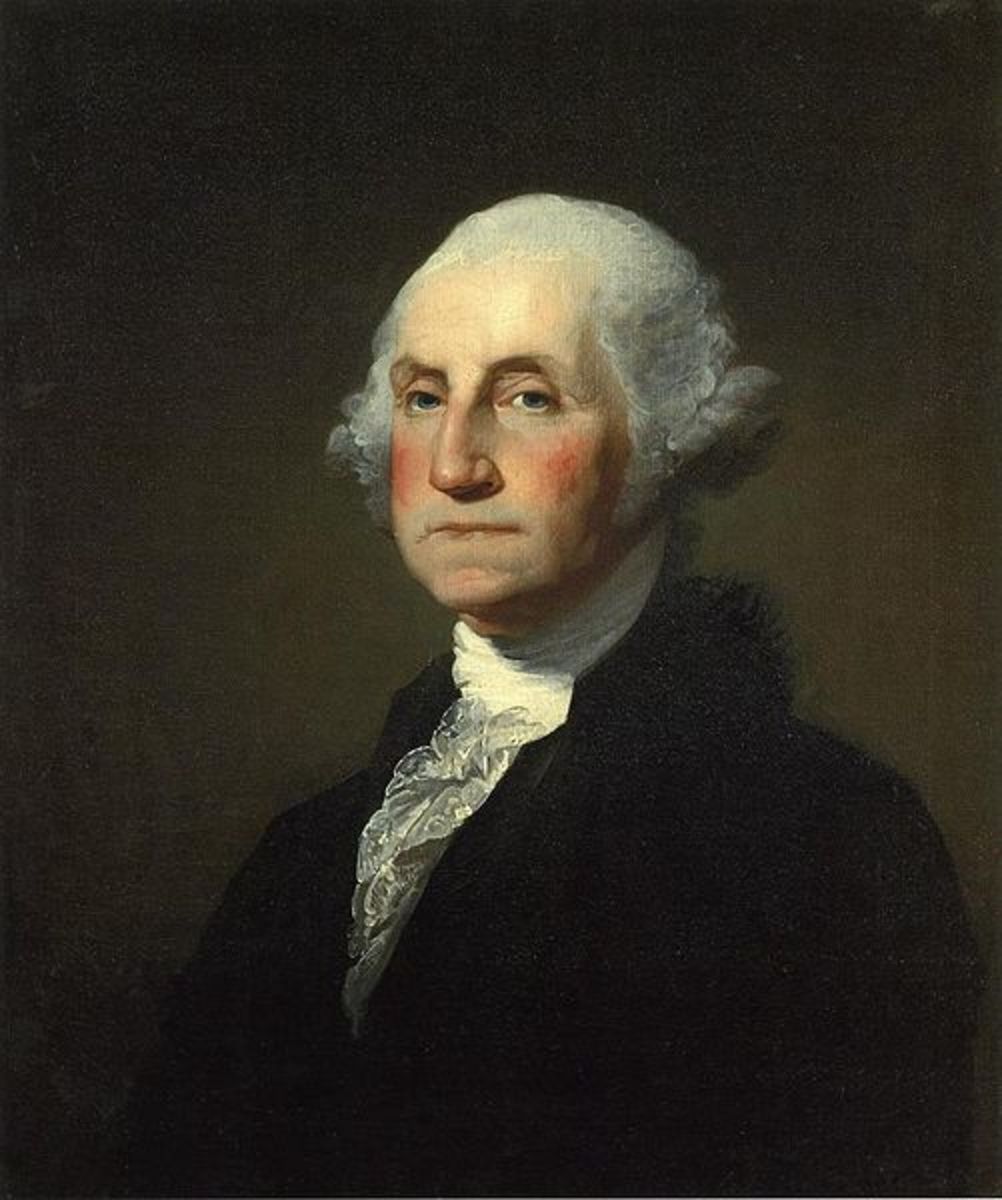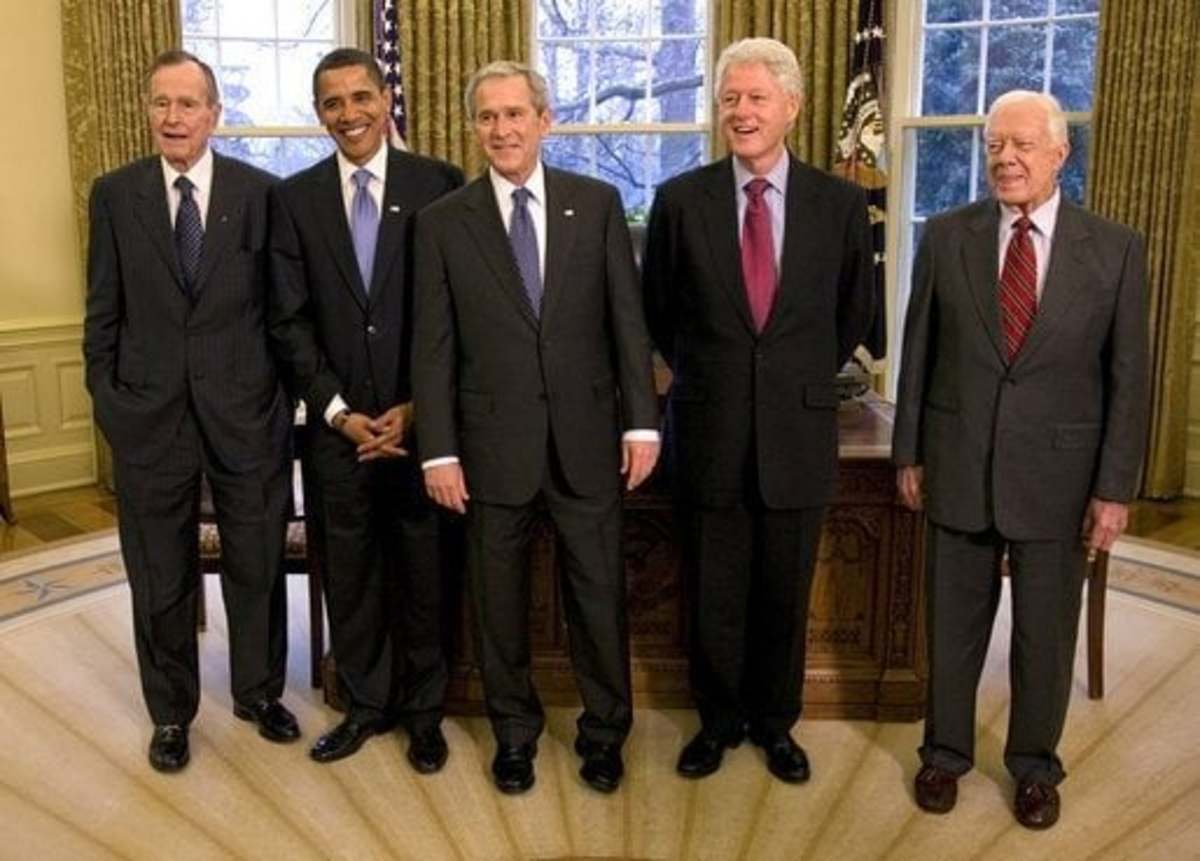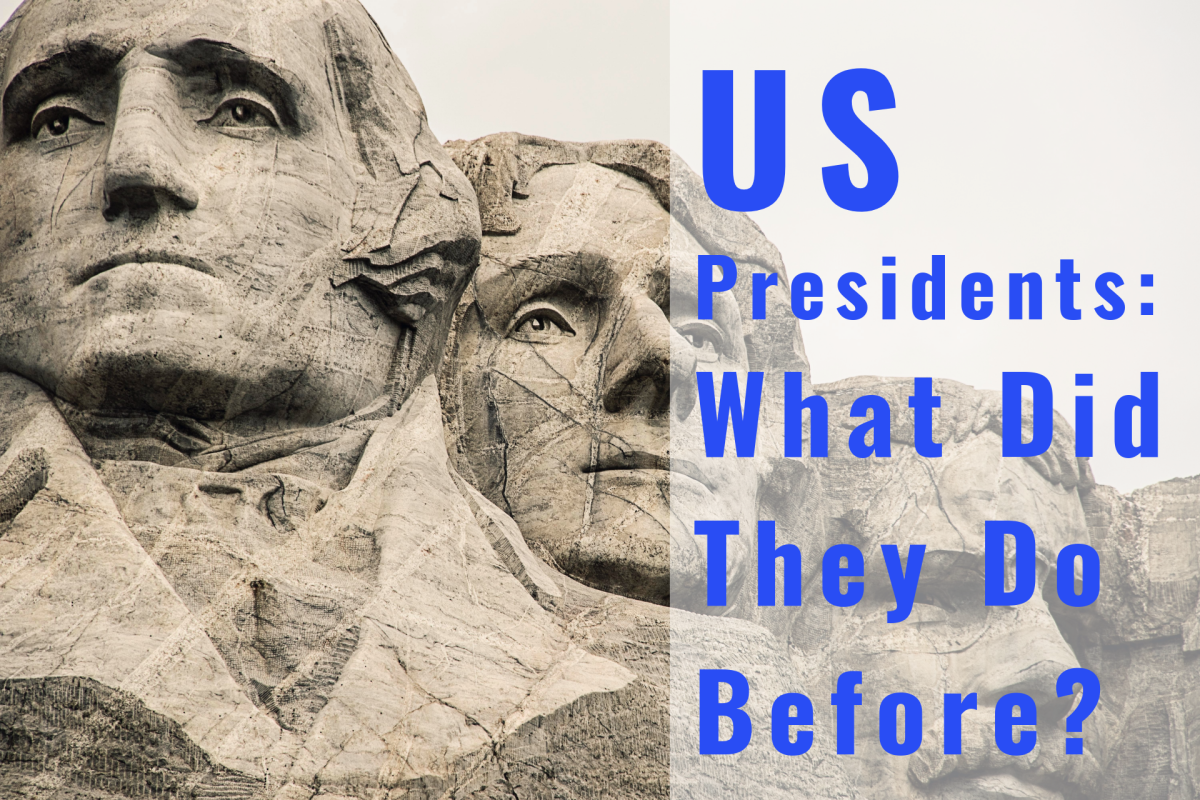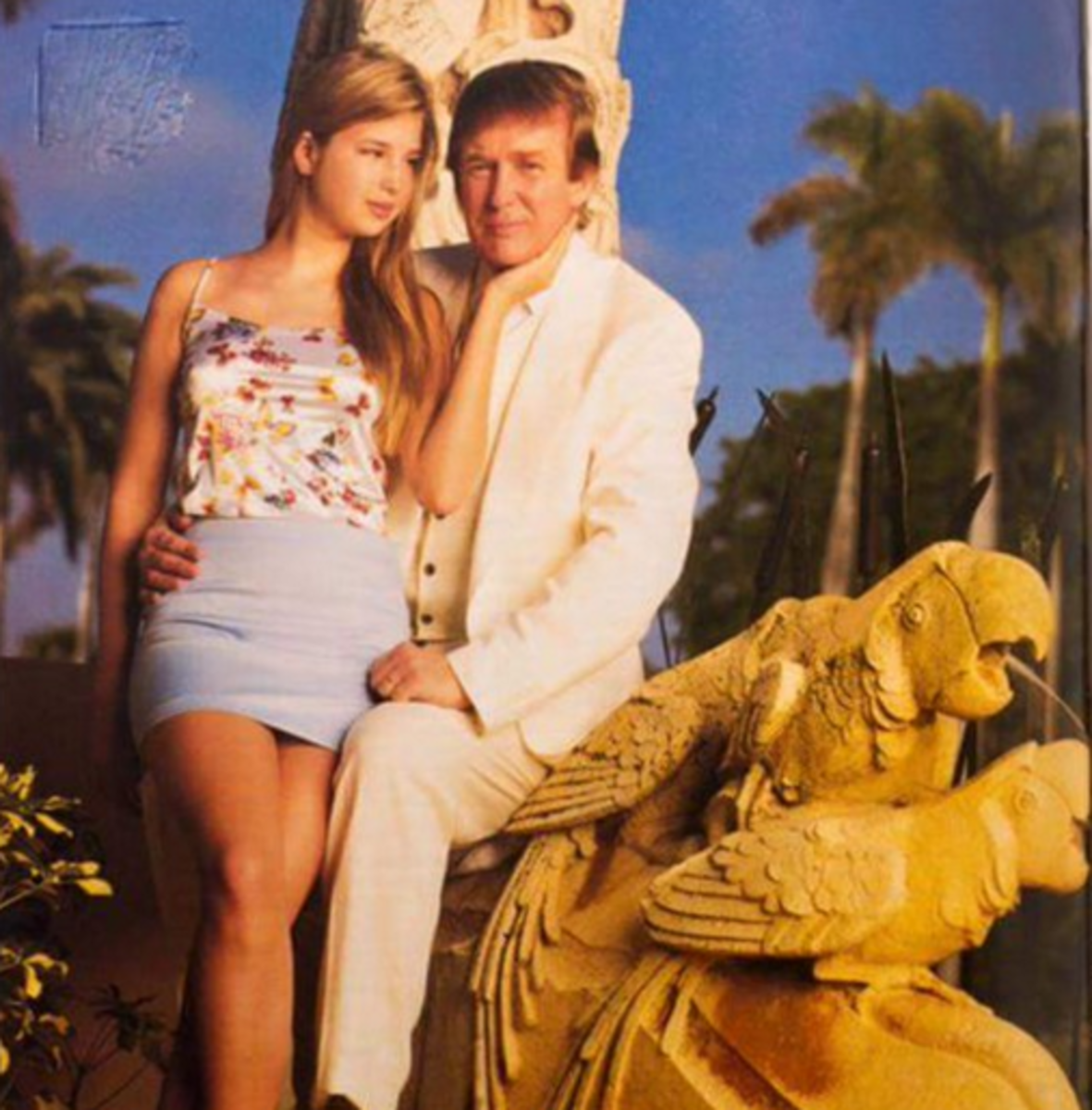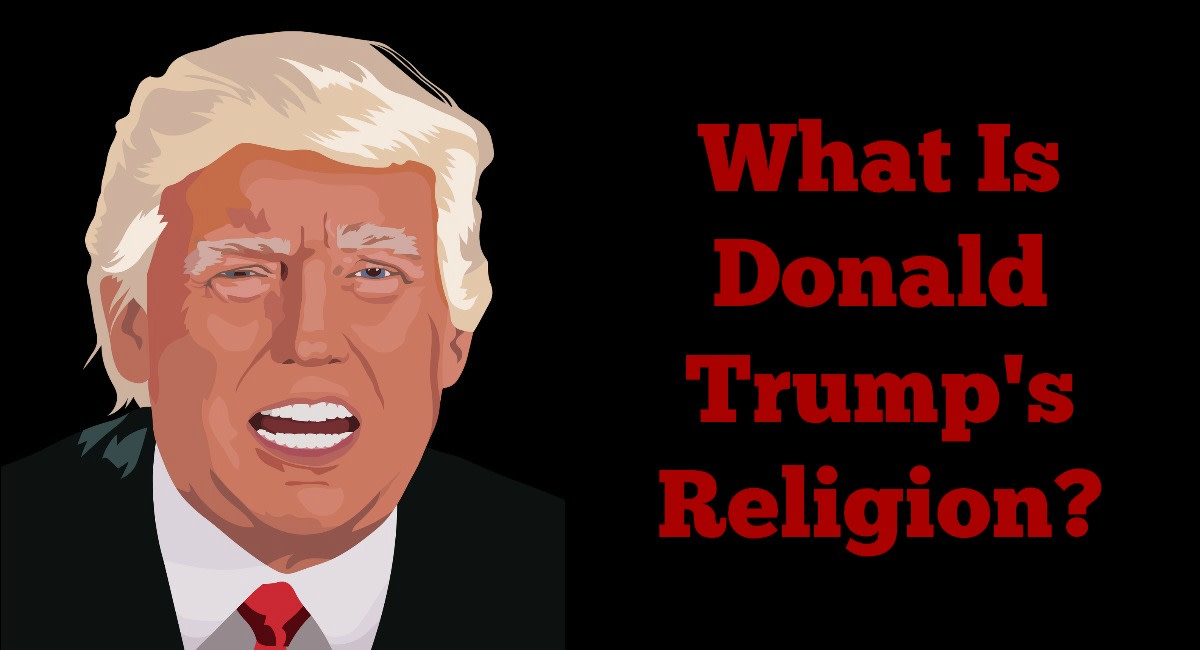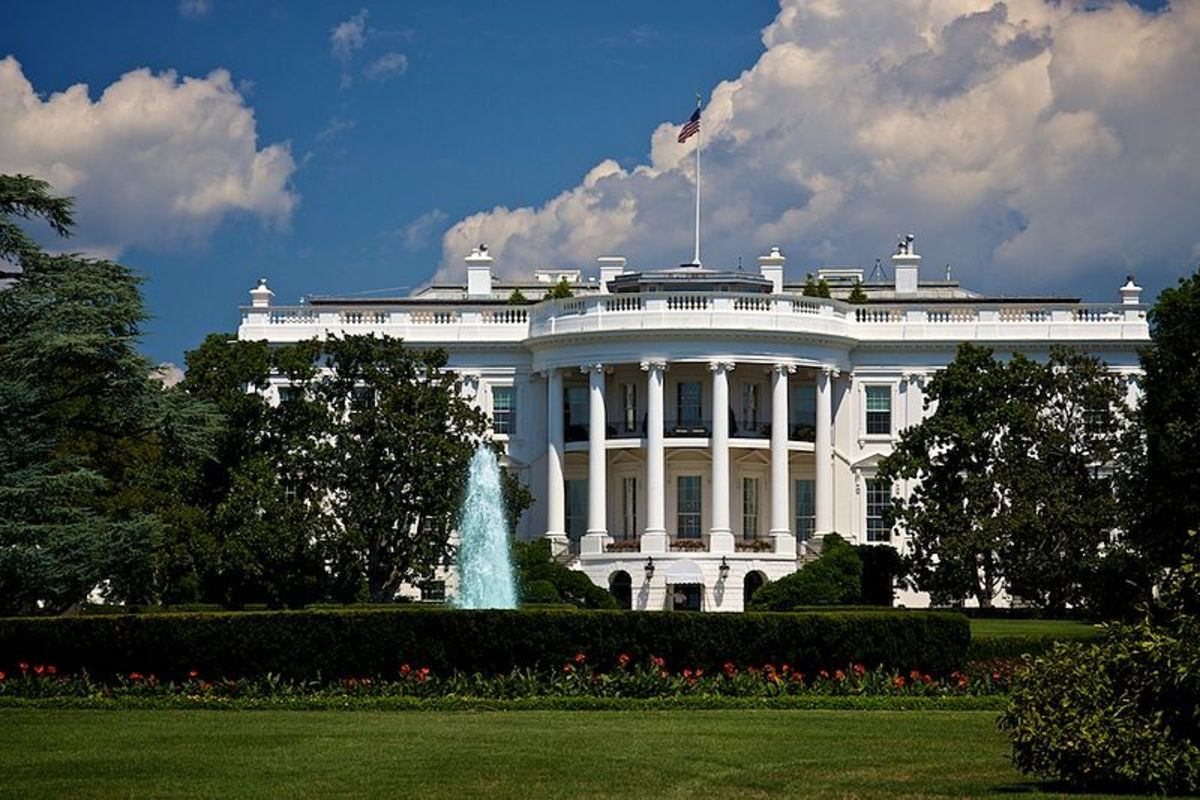Who Was the Greatest President in U.S. History?
Who was the greatest president?
It's fascinating to ponder who was the greatest all-time president in the history of the United States, not so much because it's that hard to come up with an answer, but because it's fun to examine the qualities that go into making a president "great". Whether one is ranking their place in history or examining their influence, doing so is mainly a subjective task.
Greatness derives to a small degree from popularity and to a greater degree from influence, both during the term or terms of the presidency and after. A great president must be somebody who has a legacy and who was a precedent setter. In that regard, there aren't that many men who qualify as the greatest president ever. Here are the few I think qualify:
- George Washington
- Thomas Jefferson
- Abraham Lincoln
- Theodore Roosevelt
- Franklin Roosevelt
I think the following presidents are frequently brought up in casual conversation, but don't qualify for various reasons: Harry Truman, Dwight Eisenhower, John F. Kennedy, Ronald Reagan, Bill Clinton.
Truman is mentioned for the many foreign policy successes he had cleaning up after World War II, particularly the Marshall Plan, which is considered, if not the greatest, among the greatest pieces of foreign policy legislation in U.S. history. However, in terms of setting precedents, Truman was certainly not as influential as his predecessor, Franklin Roosevelt.
Dwight Eisenhower's two terms oversaw one of the greatest periods of growth and prosperity in U.S. history. However, historians debate exactly how much influence Eisenhower, who was considered a relatively passive president, had over that result given that it was natural for the nation to flourish in the post-war period.
John F. Kennedy was a man with great ideas who was an icon in U.S. history. However, his rhetoric was much greater than his results. While he talked a great game, the Cuban Missile Crisis happened under his watch and the conflict in Vietnam became much more serious.
Although both Bill Clinton and Ronald Reagan are spoken of well by their constituents, it's too early to tell how long-lasting their influence and policies will be. Although Reagan is thought of as the father of a new conservative movement of limited government and the President who ended the Cold War, the national debt increased dramatically under Reagan and his deregulation of the banking industry has produced widespread corruption and financial disaster. Most historians also agree that the ending of the Cold War had more to do with what was happening in the U.S.S.R at the time than anything Reagan did.
As for Clinton, although he was President during a period of incredible prosperity, his presidency was marred by several personal controversies and impeachment proceedings for lying.
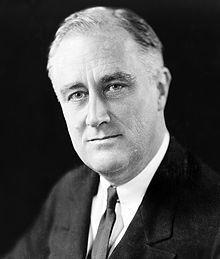
Franklin Roosevelt
Why the greatest?
- He was the longest-serving president in U.S. history.
- FDR's "New Deal" helped bring the U.S. out of The Great Depression.
- Roosevelt developed Federal Deposit Insurance and Social Security.
- FDR helped defeat Nazism and Germany and Japan during World War II.
- One of the most beloved presidents due to optimism that brought U.S. out of The Great Depression.
Why not the greatest?
- His Supreme Court packing widely seen as abuse of power.
- His policies led to the internment of Japanese during World War II.
- New Deal policies led to larger federal government and debt over time.
Conclusion: If one is taking a general survey of historians, FDR is usually mentioned as one of the top three presidents of all-time. However, as time passes, the policies he implemented have resulted in expanded government, expanded bureacracy, and a large national debt. Though not directly Roosevelt's fault, "The New Deal" represents the liberal approach to government that is now seen as failing, so some consideration has to be given to that legacy. However, ignoring that, the Supreme Court packing and Japanese internment camps were shameful episodes in American history.
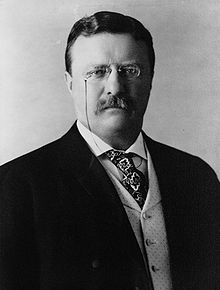
Theodore Roosevelt
Why the greatest?
- President who walked the walk and talked the talk.
- During a time when businesses were unregulated, Roosevelt began to regulate them and vowed to work for the average citizen with his "Square Deal" domestic agenda. Helped pass many significant worker and consumer safety acts.
- He was the force behind the completion of the Panama Canal.
- T. Roosevelt began the conservation movement. Developed the National Parks system.
- First American to win the Nobel Peace Prize for negotiating and end to the Russo-Japanese War.
Why not the greatest?
- The Brownsville Affair - Roosevelt acted too quickly to dishonorably discharge 167 members of a black military unit on false claims of a shooting spree. Refused to change his mind even when the claims proved false.
- Belief in U.S. imperialism extended American influence throughout the world, sometimes through unethical methods.
Conclusion: There's a lot to be said for considering Theodore Roosevelt as the greatest U.S. President of all-time. While a Republican, he's known mostly for his regulation of business, his conservationism, and his emphasis on U.S. imperialism. His ego may have been to blame for Republicans losing the White House to Woodrow Wilson since he ran as a third party candidate.
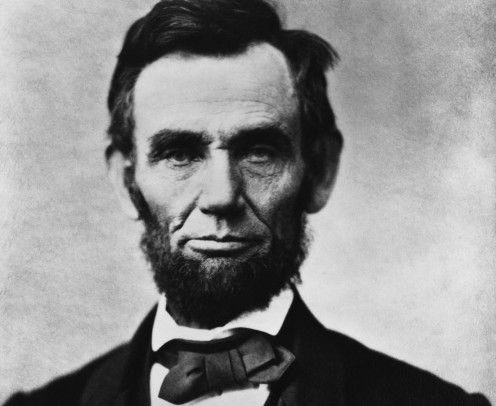
Abraham Lincoln
Why the greatest?
- Mostly self-educated became a lawyer, Congressman, and President. Quintessential American story.
- One of history's great orators. His speeches such as The Emancipation Proclamation and Gettysburg Address are core documents in American history.
- He promoted the passage of the 13th Amendment, abolishing slavery.
- His active leadership was a key element leading to victory in The Civil War.
- Generally recognized as a master politician whose skills were critical in his success and in holding the Union together.
Why not the greatest?
- His moderate views on Reconstruction resulted in a hundred years of African-American inequality.
- He may not have been the champion of equality many believe.
- He greatly expanded the role of the federal government.
- Assassination clouds an honest assessment of both Lincoln as a person and as a President.
- He suspended habeas corpus during wartime.
Conclusion: Among historians, Abraham Lincoln is very frequently ranked #1 among U.S. Presidents. There is no denying his stature in American history and his leadership during The Civil War, which kept the country from coming apart. However, there are things to criticize about Lincoln like his assumption of power beyond the Constitution during wartime and his moderate view of Reconstruction that, while bringing the country back together, left inequities in society that lasted a century. Much like John F. Kennedy, Lincoln's assassination does seem to cloud an honest assessment of his presidency, though it was still undeniably great.
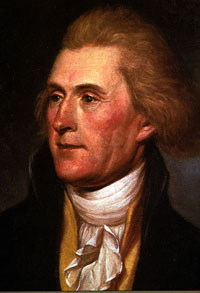
Thomas Jefferson
Why the greatest?
- Jefferson was the principal author of the Declaration of Independence.
- He purchased the Louisiana Territory from France.
- Opposed a national bank and formed the basis for states' rights with the Kentucky and Virginia Resolutions which he co-authored with James Madison.
- Leading American opponent of the international slave trade and presided over its abolition.
Why not the greatest?
- He decided to allow slavery in the newly acquired Louisiana Territory.
- His second term much less successful than first.
- The economic warfare he conducted against Britain through embargo laws hurt economy.
- Owned hundreds of slaves and had relationship with one of his own slaves, his dead wife's half-sister, Sally Hemings, which produced six children.
- His second presidential victory largely due to South and the three-fifths rule for slaves, which gave the South an inflated number of electors.
Conclusion: Historians have generally been more critical of Thomas Jefferson as time has worn on. His two terms as President provide a good deal of contrast as his first term was more successful than his second term. While Jefferson's two terms provide a contrast, there is no doubt that he was one of the great presidential thinkers. However, his complex views on slavery do provide fodder for his critics. That being said, his legacy is undeniable and he's clearly one of the greatest Presidents.
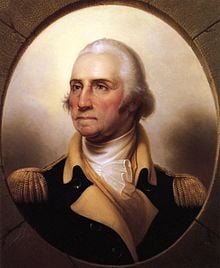
George Washington
Why the greatest?
- Often overlooked simply because he was first, George Washington set precedents that still last today. Among the most important was the fact he didn't accept a third term in office even though it was well within his power. In fact, he could have probably declared himself King.
- Washington developed the cabinet system.
- He set the precedent of the inaugural address.
- Washington put the country on track to grow by remaining neutral while wars in Europe raged and suppressing rebellion at home at a time when the Republic could have easily fallen apart.
- He centralized government and levied taxes, which were both desperately needed.
- He was a great nationalist, an important quality for the first President.
Why not the greatest?
- Legacy of writing not regarded as "exciting" compared with somebody like Jefferson.
Conclusion: Compared to both his contemporaries and those Presidents who would follow him, there is little criticism of Washington. While he certainly had enemies during his day, the judgment Washington displayed was nearly flawless in hindsight. Among the possible criticisms of Washington, his views on slavery changed over his lifetime and by the time of his death, he was a staunch abolitionist. Although a somewhat dull intellectual in terms of his writing, Washington's decisions formed the basis for the success of the United States and his contributions cannot be understated.
Who was the greatest recent president?
And the winner is...
George Washington.
Now, having said that, comparing Presidents from different eras is a little bit like comparing basketball players from different eras. The challenges faced by George Washington were quite a bit different than those faced by Franklin Roosevelt. However, Washington's accomplishments were pretty amazing and probably no President faced more challenges than he did. One might evaluate Presidents of the modern era against each other, in which case I'd propose that Theodore Roosevelt was the greatest. Roosevelt is somewhat underrated by contemporary historians, yet he established many of the laws and regulations that helped workers gain control over their lives.
No matter one's choice of the greatest President ever, the argument will be forever fascinating. There are many viable choices and no doubt the historians' choice will change over time.
- Ranking the Top 10 Most Influential Presidents
Who were the most influential Presidents of the United States? Who had the most influence or effected the nation to the greatest extent? This top ten list includes my picks. - Historical rankings of Presidents of the United States - Wikipedia, the free encyclopedia
- Best Presidents of the United States - Top Ten List - TheTopTens.com
A crazy list based on opinions of average people.

